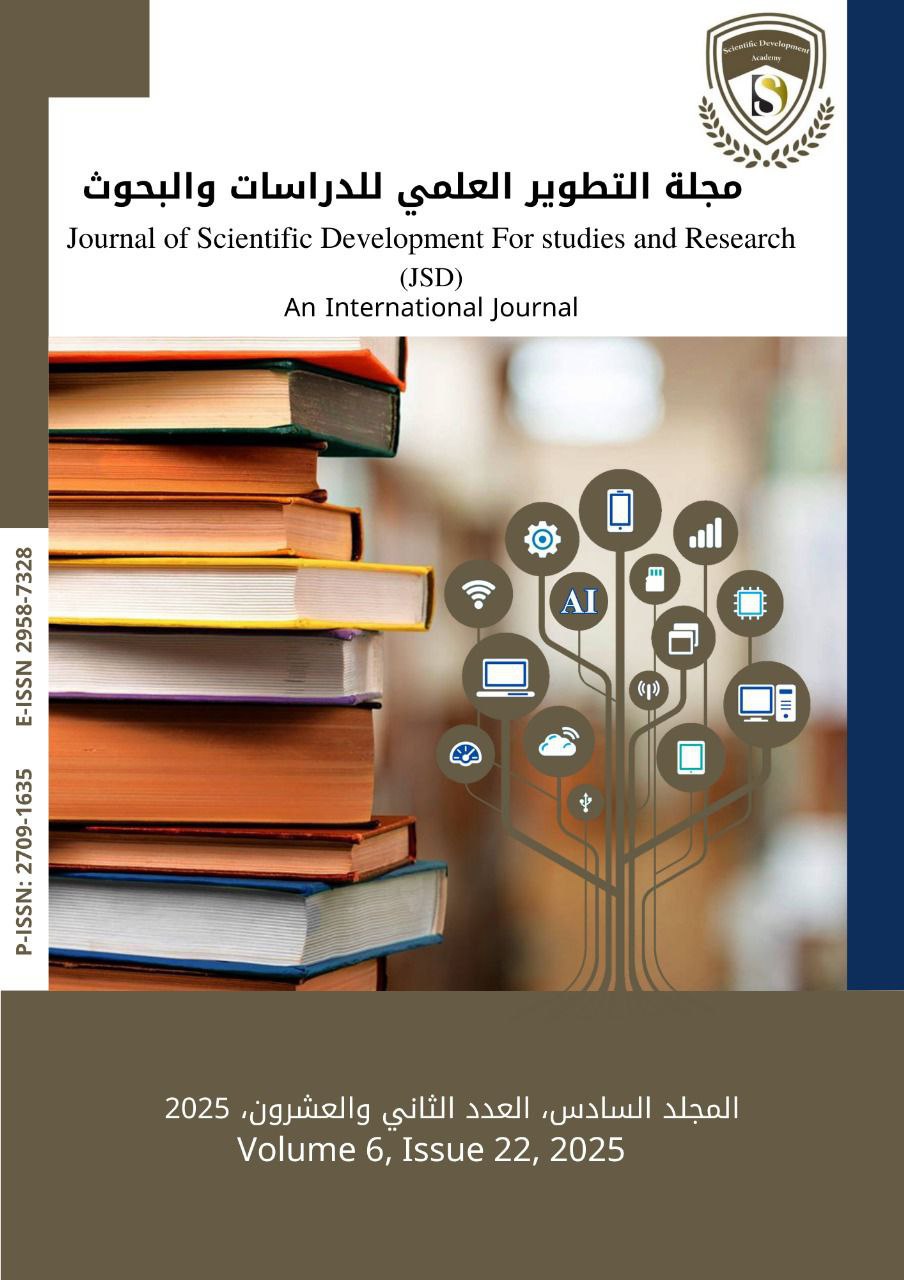Mechanisms and Obstacles in the Implementation of International Criminal Justice for War Crimes Perpetrators: A Case Study on Netanyahu
DOI:
https://doi.org/10.61212/jsd/251Keywords:
Netanyahu., War crimes, International criminal justice, Criminal justiceAbstract
The study aimed to identify the mechanisms and obstacles to implementing international criminal justice against perpetrators of war crimes. The Prime Minister of the Israeli occupation government, Benjamin Netanyahu, was targeted as a model for committing war crimes in partnership with his dismissed Minister of Defense, Yoav Galant, for war crimes against humanity in the Gaza Strip since October 7, 2023. The study addressed the legal nature of the International Criminal Court, the bodies of the International Criminal Court, the nature of war crimes and their initiation, the mechanisms for implementing criminal justice against perpetrators of war crimes, and the obstacles that prevent the implementation of the rulings of the International Criminal Court against Netanyahu. To achieve the objectives of the study, the researchers used the historical, descriptive-analytical, and inductive-deductive approaches. Among the most prominent results reached by the study is that the decision of the International Criminal Court raised a major challenge to the countries supporting the occupation, and placed them before a moral and legal responsibility towards the continuation of Israeli war crimes, and the commitment of the member states of the court if Netanyahu and Galant reach it to arrest them immediately.
Downloads
Published
Issue
Section
License
Copyright (c) 2025 Journal of Scientific Development for Studies and Research (JSD)

This work is licensed under a Creative Commons Attribution 4.0 International License.



























